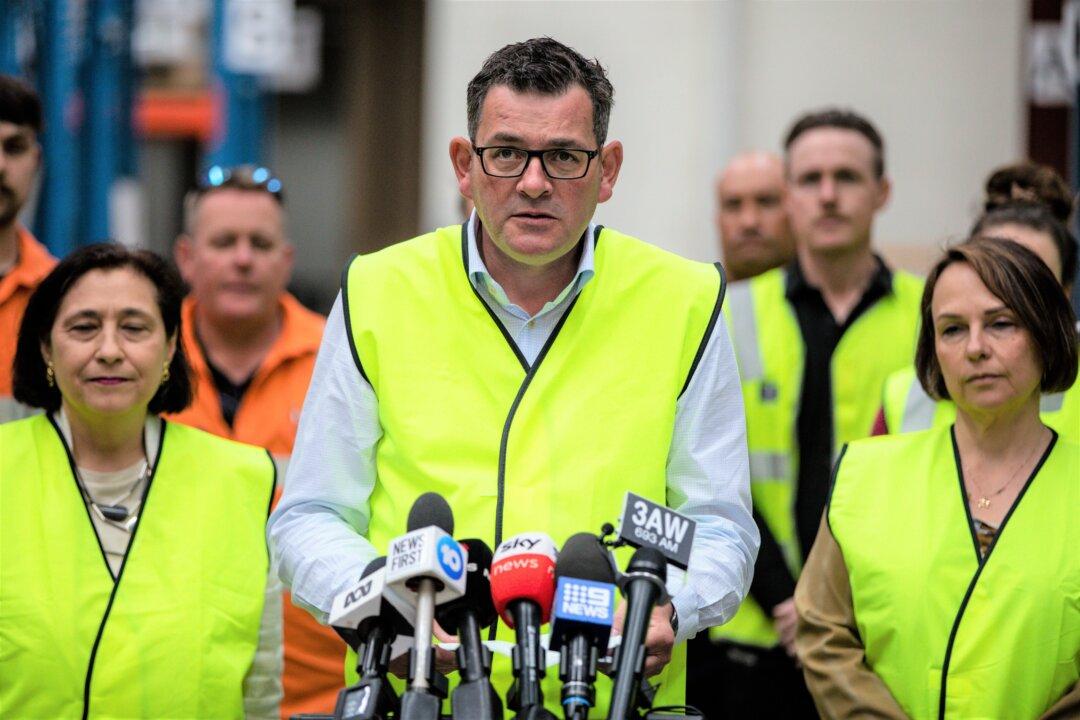Weeks prior to the state’s election, the Labor government is pledging $1 billion (US$628 million) to revive Victoria’s State Electricity Commission (SEC) to fast-track the state’s net-zero push.
Under the plan, the SEC will be directed to spend that money on building renewable energy projects to provide 4.5 gigawatts of power aimed at replacing the closure of the Loy Yang coal-fired power plant in the region.





